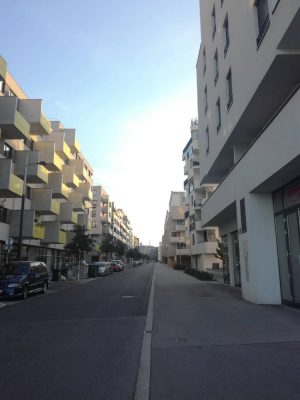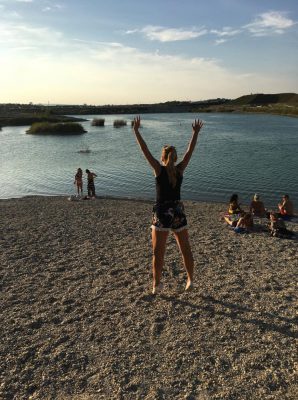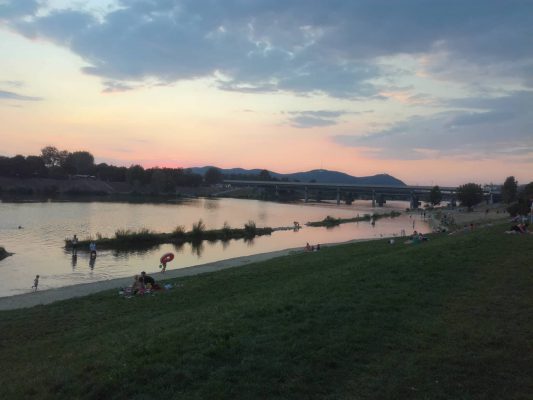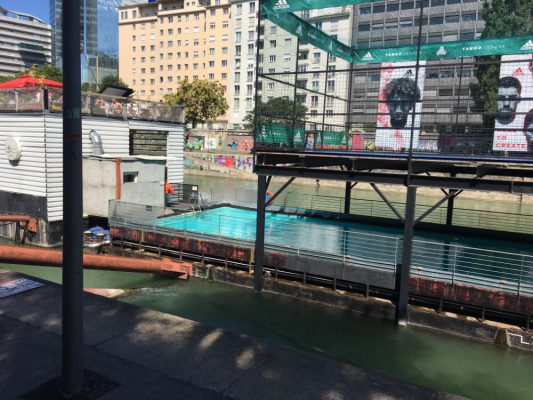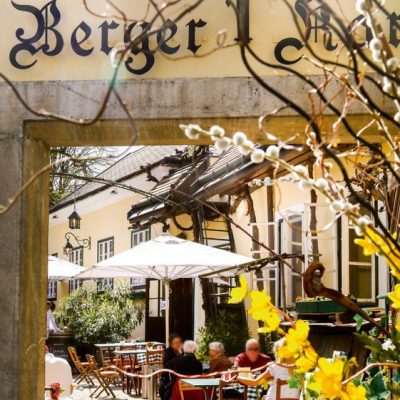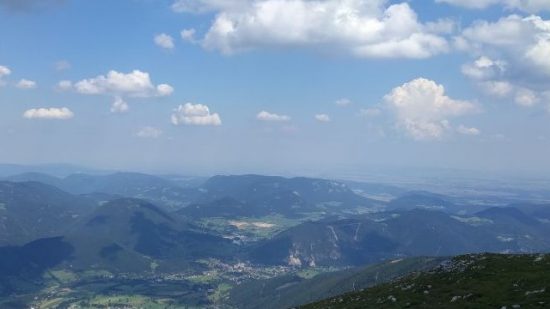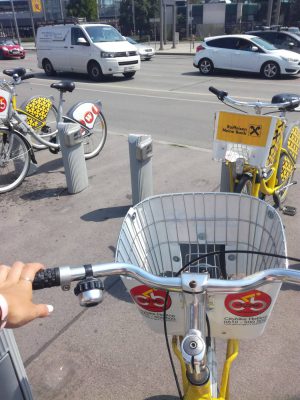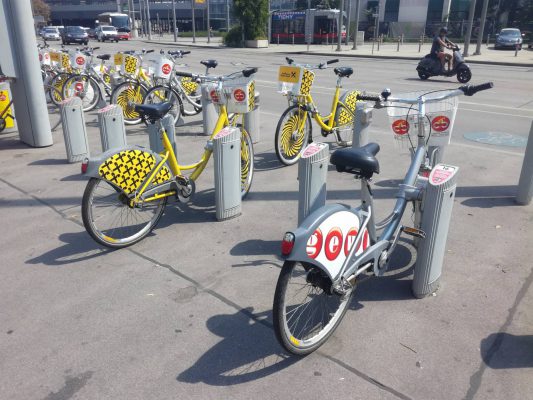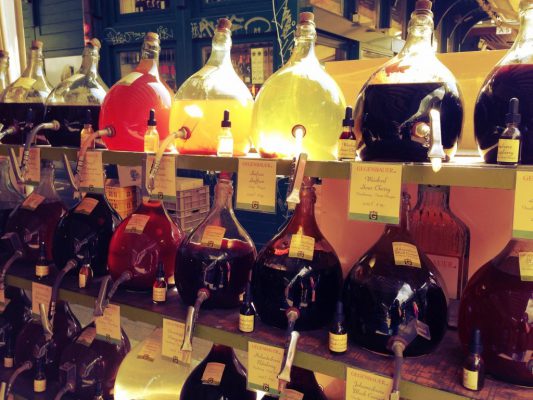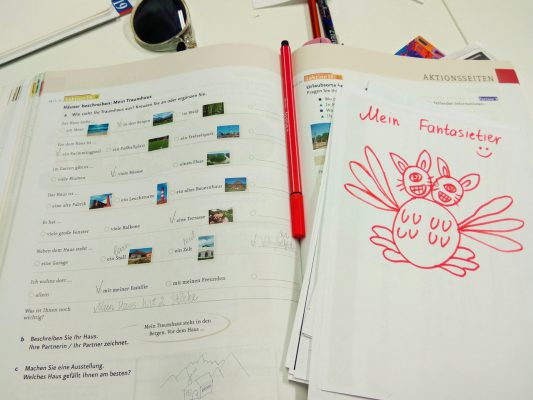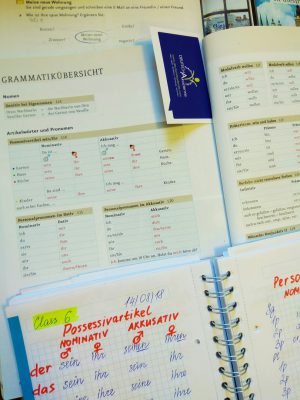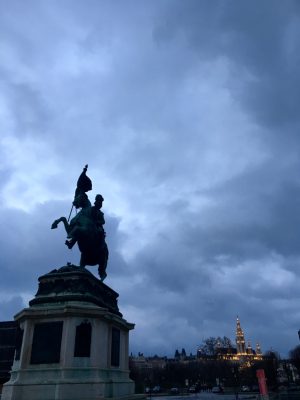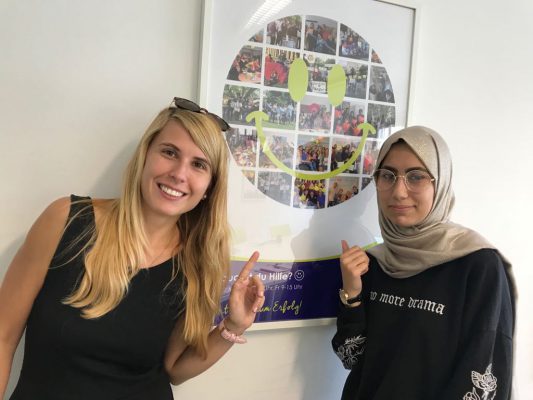The Alte Donau is a Viennese playground and summer residence, with multiple summery activities and endless options for relaxing by the water and swimming if the weather and geese allow you to.
There’s a very long stretch of swimming options and public pool areas along Arbeiterstrandbadstrasse that have varying levels of entrance fees and perks for access, but our favourite spot on the Alte Donau is actually a free area that’s marked as ‘Arbeiterinnenstrand’.
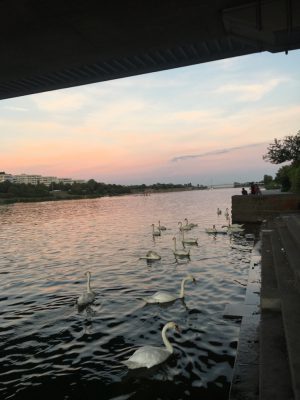
If you want something more family-friendly and manicured, our second choice for Alte Donau swim days is Gänsehäufel, a gorgeous well kept swim spot with beach volleyball courts, on-site restaurants, a view across to the United Nations offices and options to swim in the pools or the Alte Donau. You could easily set up camp here for the day and feel a million miles away from city life.
Overall, the Alte Donau is a reliable option for fun swim times in Vienna – it can get crowded on weekends or during heat waves, but most people are friendly and it’s never too competitive to find a grassy patch to lay your towel down. If you’re lucky you might even have one of the roving Spritzer sellers come by and offer you an afternoon refreshment – and who could resist?

